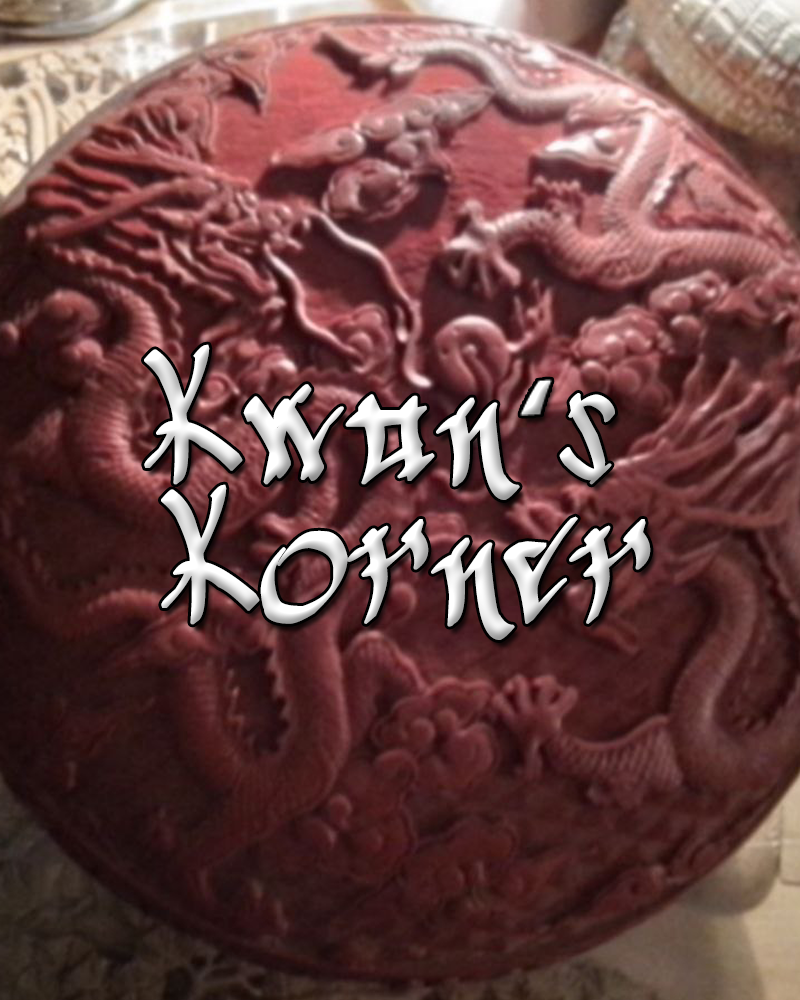何 尊 He Zun (published on Nov 6, 2023)

I wish to offer some information on a special Chinese bronze vessel cast 3000 years ago.
The He Zun 何 尊 (He2 Zun1) is a Chinese bronze vessel used as a wine container in ceremonies and banquets having happened in the manors and temples of Ancient China. It is 38.8 cm tall, 28.8 cm wide in diameter, it weighs 14.6 kg. It is now in a Chinese Museum in Western China, precisely in the Baoji 宝 鸡 (Bao3ji1) Bronzeware Museum, province of Shaanxi 陕 西 (Shan3 Xi1).
It is the oldest artifact with the characters 中 国 (Zhong1 Guo2) meaning Central Land or Central State.
It is also the earliest known Chinese bronze vessel bearing the character for virtue, 德 pronounced De2.
Inside the He Zun bronze vessel at the bottom, there are 122 characters, 3 are unknown, 119 are identified and understood.
The construction of the Eastern Capital City of the Zhou Dynasty (1046 BCE to 256 BCE) is documented in 2 chapters of the Shujing 书 经 (Shu1Jing1), meaning the Classic of Documents. The Shujing is also known as the Shang Shu 尚 书 (Shang1 Shu1), meaning Venerated Documents. According to the texts, Chengzhou, the Zhou Eastern Capital City has been built in the fifth year of King Cheng. The last sentence of the He Zun bronze vessel inscription supports the textual claim : it was the King’s fifth year.
King Cheng 成 (Cheng2) was born in 1055 BCE. His rule was from 1042 BCE to 1006 BCE.
The Regency of his uncle Dan 旦 (Dan4), Duke of Zhou was from 1042 BCE to 1035 BCE.
There are two interpretations for the last sentence of the bronze vessel inscription : “It was the King’s fifth year”. The fifth year can be counted from 1042 BCE, King Cheng’s nominal first year, then it would be 1038 BCE. The fifth year could also be 1031 BCE, counting from 1035 BCE, the year of the end of his uncle Dan’s Regency.
According to the Chinese Tradition, the Duke of Zhou is credited with the first major general edition of the Yi Jing 易 经 Yi Jing, the Book of Change. Confucius (551 to 479 BCE) has been credited with the second major general edition of the Yi Jing.
In his speech recorded on the He Zun bronze vessel, King Cheng (ruled from 1042 to 1006 BCE) mentioned his father King Wu 武 (Wu2);(ruled from 1050/1046 to 1042 BCE) and his grand-father King Wen 文 (Wen2) (born in 1112, died in 1050 BCE). King Wu conquered the Shang-Yin dynasty (~1600 BCE-1046 BCE) in 1046 BCE. King Wu’s father King Wen began his rule as a vassal of the Shang-Yin King 商 殷 (Shang1 Yin1) at 13 years old as Overlord of the West 西 伯 (Xi1 Bo2) in 1099 BCE. His regional rule was much appreciated by the noblemen and the people who began to call him King. King Wen was said to be mandated by Heaven because the virtue of the Shang-Yin Kings had declined too greatly. While this political theory gained a great deal of sophistication over time, its inchoate beginning can be attributed to King Wen.
In 1059 BCE, when King Wen was 53 years old, two unusual celestial phenomena took place. In May, the densest clustering in five hundred years’ time of the five planets visible to the naked eyes could be seen in the constellation of Cancer, followed a few seasons later by an apparition of a comet. These combined astronomical phenomena were interpreted by King Wen & his entourage as a visible sign indicating his divine appointment.
Here is an English translation of the He Zun bronze vessel inscription by a contemporary American sinologist, David Pankenier :
●●● It was when the King began laying his seat at Chengzhou 城 周 (Cheng2 Zhou1). The King returned from extolling King Wu in the Feng 封 (Feng1) sacrifice, with sacrificial meat from the Hall of Heaven. In the fourth month, on day bingxu, the King exhorted the Royal Scions of the Royal Clan in the Ancestral Temple, saying : ” In the past, your fathers were able to aid King Wen, whereupon King Wen received this Great Command. When King Wu conquered The Great City Shang 大 邑 商 (Da4 Yi4 Shang1), he then made reverent declarations to Heaven 天 (Tian1), saying : Let me dwell in this, the Central Land 中 国 (Zhong1 Guo2, Central Land or Central State), and from there govern the people.
Listen ! While you are still minors lacking understanding, look to your fathers’ scrupulous respect for Heaven. Comprehend my commands and respectfully follow orders !
Your Sovereign’s reverential virtue finds favour with Heaven,which guides me in my slow-wittedness.”
The King’s exhortation having finished, the vessel maker He was presented with the thirty strings of cowries used to make this treasured sacrificial vessel for his father Sire “X”. It was the King’s fifth year. ●●●
Here is the hyperlink to a Wikipedia article on the He Zun bronze vessel :
https://en.wikipedia.org/wiki/He_zun
